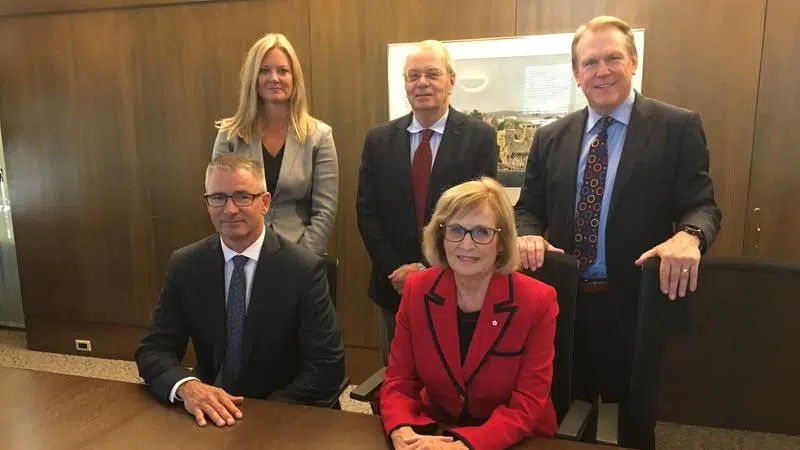
Report: Government needs to “go beyond merely cutting spending” to eliminate deficit
LETHBRIDGE, AB – A key report on Alberta’s finances has come back and makes several recommendations on how government spending and organization should be changed.
Panel Chair Janice MacKinnon, a former Minister of Finance with the Saskatchewan government, says, without a serious change in direction, Albertans will be paying $3.7-billion each year just on interest payments on debt. The overall debt has grown from $13-billion to $60-billion in the last four years.
“The panel found that Alberta has lost its competitive edge in attracting investment and is seen as being over-regulated with lengthy processes and uncertain timelines.”
She believes that raising taxes is not the answer to the province’s financial woes. Instead, MacKinnon claims that it will take an approach that goes beyond just cutting spending.


